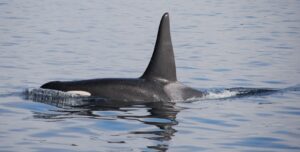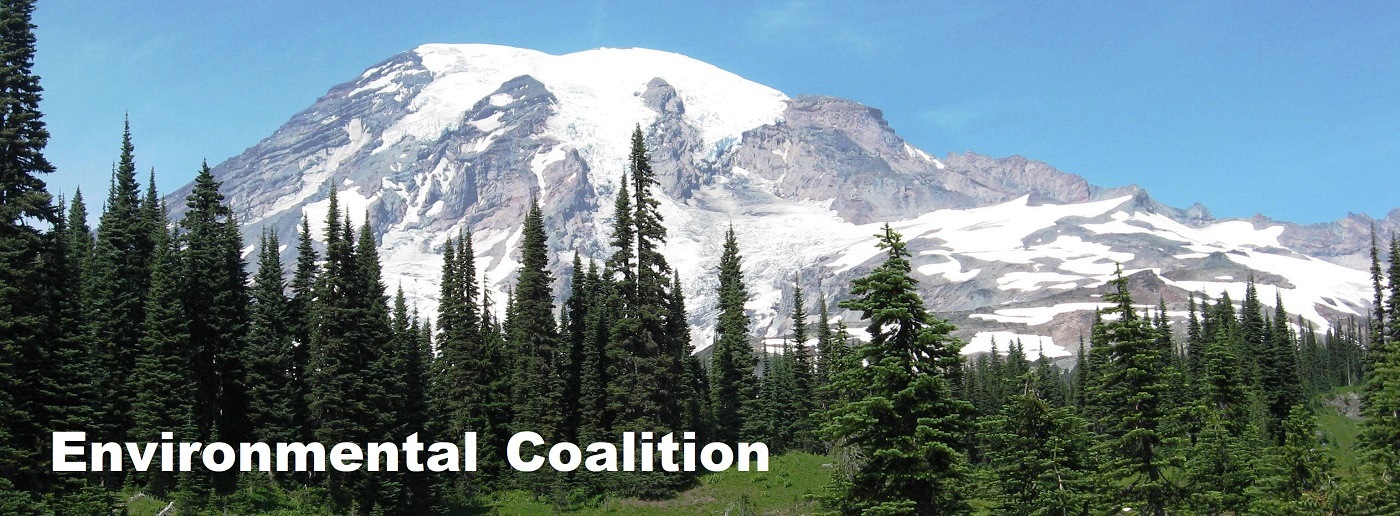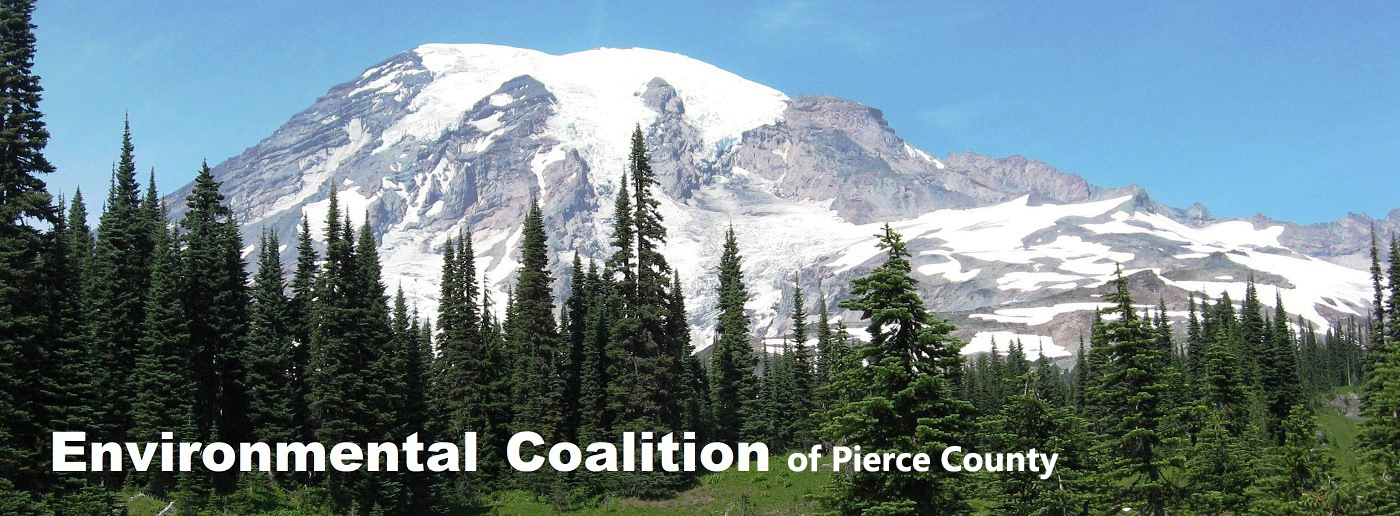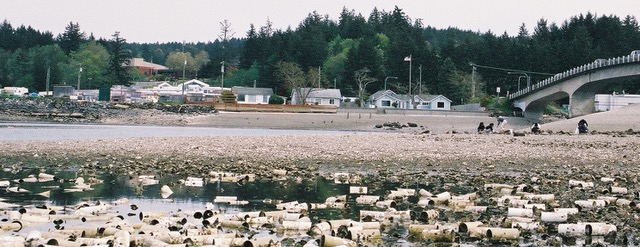By Kirk Kirkland
Burley Lagoon, WA — The Pierce County Hearing Examiner finally delivered their 150-page decision granting a permit to Taylor Shellfish for the largest industrial geoduck farm in Pierce County.
The Friends of Burley Lagoon was one of three organizations that appealed the Environmental Impact Statement. They requested the permits be denied. The Examiner’s decision was not a surprise, as this is one of 20 such geoduck permits around Puget Sound approved by this Examiner.
During the hearing held in May of 2024, appellants asked the Hearing Examiner to find that there were “significant” impacts from the 25.5 acre industrial installation. The appellants hoped that the examiner would require the County staff to issue a Cumulative Impact Statement that shows the total impact of industrial geoduck aquaculture on South Puget Sound is “significant.”
900 geoduck permits revoked. In 2019 a Seattle Federal Judge revoked 900 geoduck permits in Puget Sound and then required that all new permits use a cumulative impact analysis (CIA). The Coalition to Protect the Puget Sound Habitat was responsible for the Federal Decision in 2019.
Pierce County staff did not comply with the Judge’s order. The County’s analysis was that the impacts would amount to “minor to moderate impacts from the proposal to sediments, water quality, macro algae, invertebrates, birds, certain marine mammals, and ESA listed species” in Burley Lagoon.
Cumulative impacts not addressed. At the May public hearing, concerned citizens discussed the many impacts that the industrial practices of planting, maintenance and harvesting geoduck has on the sediments, water quality, and general ecosystem. It would also affect Endangered Species like Chinook salmon, along with forage fish, waterfowl, and other marine species.
Plastic pollution ignored. People testified that this geoduck installation would introduce 28,000 HDPE plastic mesh tubes per acre. The Hearing Examiner discounted the witnesses for relying “on personal observations regarding plastic use and debris associated with aquaculture.” The Hearing examiner also ignored the other 275 acres leased by Taylor, which it is feared will allow the expansion of more plastic pollution in the future.
Approval of this permit is contrary to the work done by the State of Washington to keep plastic bags and containers out of the environment. Aquaculture companies are allowed to use plastic pipes, nets and other gear in the waters of Puget Sound.
In her final decision the examiner said, “the EIS identifies several mitigation measures to avoid and minimize potential adverse impacts associated with plastics,” then concluded that, “as mitigated, the project would not result in significant adverse impacts relating to plastics.”
A limitation of the State Environmental Policy Act (SEPA) is that if the planning staff and the developer clearly describe the use of plastics, their impacts, and their planned mitigation in the Final Environmental Impact Statement, then the Hearing Examiner can declare that there are no “significant adverse impacts.”

Altogether the coalition of environmental groups raised 40 issues in their EIS appeal. The Hearing Examiner had the challenging job of compiling data from two weeks of testimony. There were 46 pages of appendices and exhibits and 104 pages describing her findings and final decisions. The next stop in the appeal process involves the Department of Ecology and the Shorelines Hearings Board.
Members from Environmental Coalition of Pierce County provided testimony concerning the federal appeal and impacts on fish and wildlife. The Friends of Burley Lagoon provided witnesses at the hearing on plastics, impacts on salmon and forage fish, eelgrass, sediments, sub-tidal refugia nutrient depletion, lack of county enforcement, and more.
Burley Lagoon is a Shoreline of State Significance. It provides wildlife habitats for endangered Chinook salmon as well as forage fish, seals, shorebirds, eelgrass and other marine life. Burley Lagoon is home to three salmon-spawning streams. Pods of orca have visited Burley Lagoon and ironically appeared in the Lagoon the day the decision was released.
In the past, small clams and oysters have been farmed in ways more compatible with the surrounding residential community. This approval of the 25.5 acres geoduck permit will intensify industrial aquaculture operations. The shellfish industry uses power nozzles to harvest the geoducks. This process liquefies the beaches and damages the tidal area by leaving behind a mucky, cratered moonscape.
Our environmental partners and the community members are standing up against a state-wide industry,” said Janey Aiken, an appellant. “Our hope is to receive a more favorable ruling in any future appeals. Decisions made today will impact future generations and the health of Puget Sound.”


